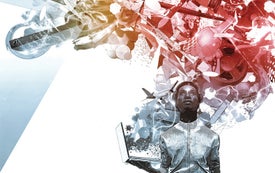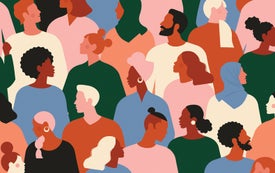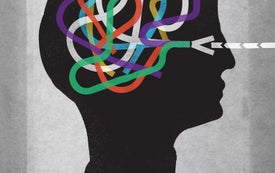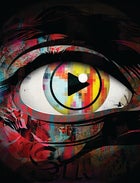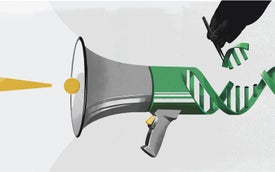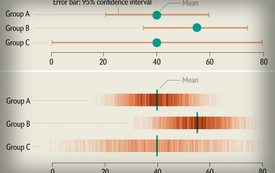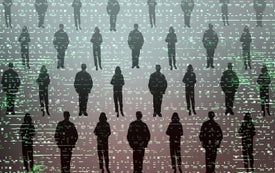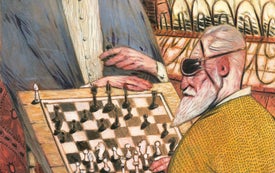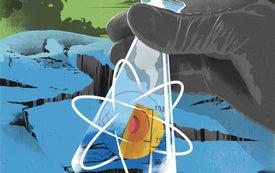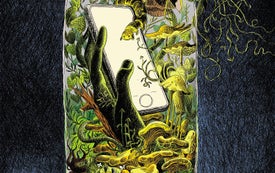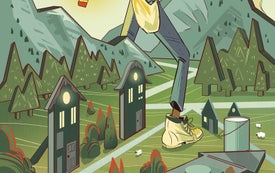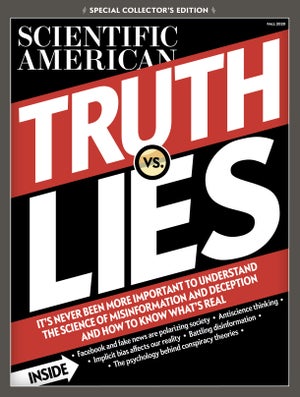
You are currently logged out. Please sign in to download the issue PDF.
Features
The Shared Past That Wasn't
How Facebook, fake news and friends are altering memories and changing history
Why Social Media Became the Perfect Incubator for Hoaxes and Misinformation
Data scientists are studying how information spreading online influences our social dynamics and what, if anything, can be done to smooth polarization
How to Think about 'Implicit Bias'
Amid a controversy, it’s important to remember that implicit bias is real—and it matters
Post-Truth: A Guide for the Perplexed
If politicians can lie without condemnation, what are scientists to do?
When Assessing Novel Risks, Facts Are Not Enough
How we make decisions in the face of incomplete knowledge and uncertainty
Why People "Fly from Facts"
Research shows the appeal of untestable beliefs and how they lead to a polarized society
How to Overcome Antiscientific Thinking
Convincing people who doubt the validity of climate change and evolution to change their beliefs requires overcoming a set of ingrained cognitive biases
Clicks, Lies and Videotape
Artificial intelligence is making it possible for anyone to manipulate audio and video. The biggest threat is that we stop trusting anything at all
How Misinformation Spreads--and Why We Trust It
The most effective misinformation starts with seeds of truth
Can Scientists Convince the Public to Accept CRISPR and Gene Drives?
Scientists are trying new ways to win over a skeptical public
How to Get Better at Embracing Unknowns
How to interpret uncertainty in common forms of data visualization
Are Toxic Political Conversations Changing How We Feel about Objective Truth?
As political polarization grows, the arguments we have with one another may be shifting our understanding of truth itself
How Professional Truth Seekers Search for Answers
Nine experts describe how they sort signal from noise
How to Defraud Democracy
A worst-case cyberwarfare scenario for the 2020 American presidential election
People Drawn to Conspiracy Theories Share a Cluster of Psychological Features
Baseless theories threaten our safety and democracy. It turns out that specific emotions make people prone to such thinking
Why Your First Idea Can Blind You to a Better One
While we are working through a problem, the brain’s tendency to stick with familiar ideas can literally blind us to superior solutions
Why People Refuse to Believe Scientists
It has nothing to do with science itself
Corruption Is Contagious
Dishonesty begets dishonesty, rapidly spreading unethical behavior through a society
Which Experts Should You Listen to during the Pandemic?
It should be a no-brainer: your best bet is to follow those who have actual expertise
The Significant Problem of P Values
Standard scientific methods are under fire. Will anything change?
Misinformation Has Created a New World Disorder
Our willingness to share content without thinking is exploited to spread disinformation
The Neuroscience of Reality
Reality is constructed by the brain, and no two brains are exactly alike

